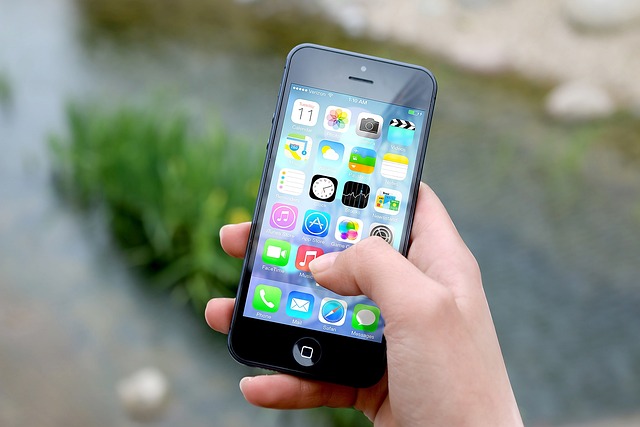It is evident that Apple understands customers’ needs, and they have designed the iPhone with this in mind. This is one of the reasons why it has become so successful. With the iPhone, staying connected to your contacts is a breeze. Additionally, you will enjoy its user-friendly interface and how much fun it is to use. Although it promotes itself as the ideal device, there are some drawbacks to consider like battery life, storage capacity and AT&T coverage.
There are a few obstacles when it comes to the iPhone. One of the most notable aspects is the lack of expandable memory. Whether you choose the 6 GB, 8 GB or 16 GB model, that’s all you have. If you’re fond of downloading music and content, it won’t take long for your device’s memory to be full – and having to delete stuff off your phone just to make space for new downloads can quickly become tedious. It’s a shame that Apple missed this opportunity, since teens tend to consume huge amounts of media – a memory stick option would’ve been really handy.
Many iPhone users are unhappy that the battery of the device is sealed and cannot be replaced. This lack of information has led to a lawsuit against Apple, which I fully agree with. If one spends $500-$600 on a phone expecting it to last more than 6 months, they would likely feel cheated. Battery replacements are commonplace in the cell phone industry and perhaps Apple should have focused on making money from the service instead of encountering this legal issue. Short battery life has become the number one grievance among those who frequently use their phones and is yet another downside for iPhone owners.
The calling plans that AT&T offers for the iPhone fail to provide the same level of service offered by other cell phone carriers. With limited area coverage and sporadic interruptions in service, this hinders our ability to utilize the freedom having a cell phone entails. Additionally, users cannot benefit from free usage between AT&T users or from other forms of unlimited use.
This lack of options is worsened by the exclusivity agreement between Apple and AT&T – one that gives AT&T no incentive to supply better rates or roaming services for their iPhone customers. As a result, iPhone customers are subject to exorbitant charges and fees. Hackers have even found ways to unlock these phones so they can be used on different networks, exposing Apple’s decision to enter into such an exclusive contract with AT&T as an issue that is not only problematic but unsustainable.
Apple has been producing computers and other devices for a while, yet they haven’t sufficiently evaluated the influences memory, battery life, and the expense of phone plans have on potential purchasers. I predict that these worries will prompt a decrease in iPhones appeal. Hackers will go on taking advantage of unlocked iPhones until either the agreement between AT&T and Apple ends or it goes to court. It remain to be seen how battery issues perform in court – whatever happens, Apple has not taken steps to fix them.

